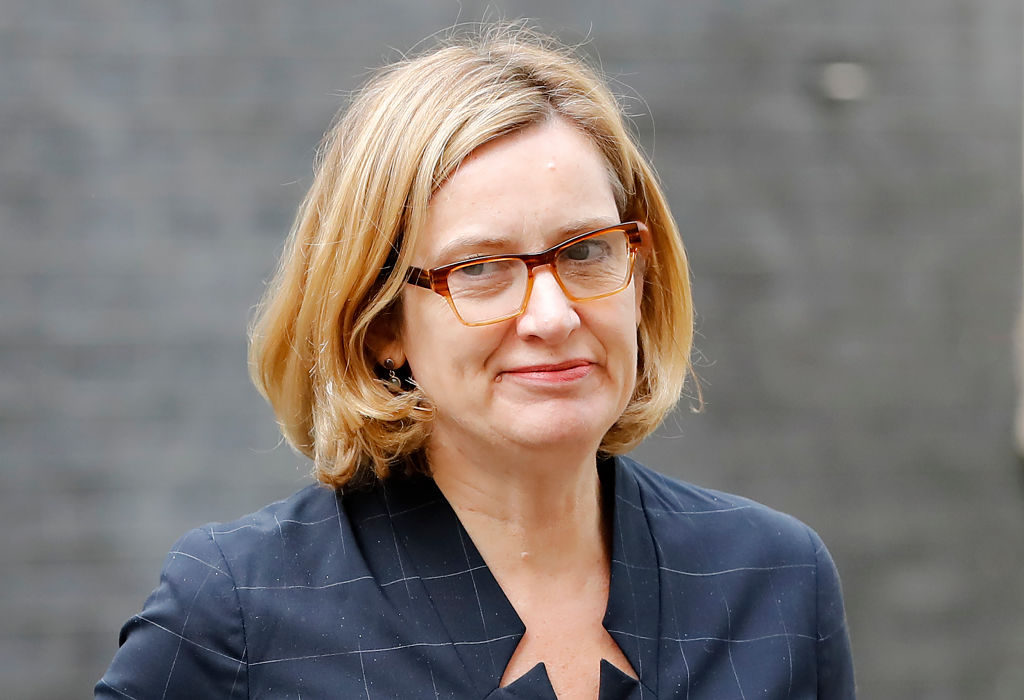In her first interview since returning to the cabinet, Amber Rudd has set the cat among the pigeons. Speaking on the Today programme this morning, the new Work and Pensions Secretary appeared to go off script as she talked about the prospect of a ‘no deal’ Brexit. The former Remain campaigner said that Parliament ‘will stop No Deal’ if the deal is voted down as there ‘isn’t a majority in the House of Commons to allow that to take place’.
‘I don’t think we are looking at another referendum. I think what will happen is that people will take a careful look over the abyss and despite what people say the EU withdrawal agreement will get through.’
On the surface at least, it doesn’t appear to be a particularly helpful intervention. One of the messages Theresa May has been pressing on Remain-minded MPs is that they need to back her deal if they are to avoid a no deal Brexit. This message is particularly important when trying to win around the odd Labour MP. While Labour politicians are reluctant to back a Tory Brexit, they are more reluctant still to back a no deal Brexit which in their view would see the UK go over a cliff edge.
So, what is Rudd playing at? The interview does suggest that in her new role she will be more independently minded than back when she was a loyal home secretary to the point of fault. But that doesn’t mean she is speaking out of turn when it comes to the government line.
In recent days, visitors to No.10 report on a new strategy for selling May’s deal to MPs. It involves a two-prong approach by which Leavers are informed No Deal would be stopped (just as Rudd did today) by Parliament. Meanwhile, Remain-minded MPs are told No Deal can’t be ruled out and they are risking a cliff edge Brexit if they don’t back the deal. The thinking goes that so long as one side believes them the numbers get better for May and the hope of passing the deal increases. To state the obvious, this strategy is not without problems and risks both sides not taking the message seriously. But then again, there is some truth in it – no-one, not even those at No.10, are certain what will happen if the deal is repeatedly voted down. In order to get such a strategy going in the first place, different figures need to deliver the two messages. It follows that Rudd’s interview might have actually just helped No.10 land the first part of that message.







Comments